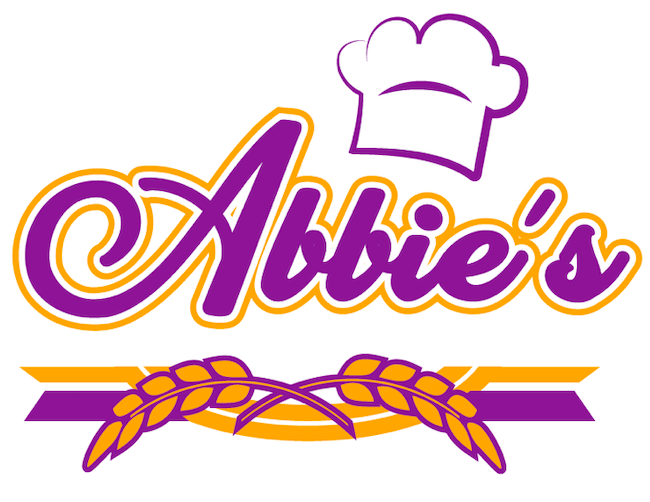Get Cracking on TOP Baking Trends
Top 3 Trends in Baking – Baking Up a New World
The outbreak of the COVID-19 pandemic has presented many social and economic uncertainties that constantly impact our everyday lives. However, despite these challenges, one thing remains clear; Canadians love baked products—no wonder the baking industry in Canada is sprouting.
As the second-largest food-producing sector in the country, bakeries generate about $5 billion annual GDP. Baking is also thought to be the fastest-growing industry with a 5.4 percent growth rate since 2015. With such statistics, it is evident that the baking sector is so promising.
This brings us to our main topic; the trends currently changing the baking landscape globally.
Craft Baked Goods with Local Ingredients
As a baker, understanding the many types and uses of local ingredients in baking can go a long way in boosting your newfound hobby or career. Furthermore, customers are increasingly embracing new, thrilling food options globally. There are various options for freshly baked goods like pounding chomeur, chocolate chip cookies, beavertails, apple pie, banana bread, cornbread, and others.
Besides the typical flour, fats, dairy, sugar, and add-in ingredients, bakeries also incorporate more local ingredients into their recipes to produce products that resonate with the modern consumer. This delivers more diverse options, allowing us to offer a large selection of innovative recipes and products that create positive feelings for consumers.
Share Freshly Baked Goods – Online Orders
Even before the pandemic, online platforms like Instagram and Facebook were popular sales platforms for multiple businesses. Many bakeries that were forced to shut down their businesses to combat the spread of coronavirus have transitioned to online business. This means that online advertising is undoubtedly a great deal for the baking industry.
Your baked goods can benefit from fresh ingredients and delicious looks. In fact, a recent study revealed that nearly 30 percent of Instagram users confirmed to have purchased a product they came across on the platform. In addition, sharing your recipes online can enable consumers to make delicious products at their homes, helping you stay connected with your customers.
Emerging Ethical Baking – Source Better Ingredients
Although consumers tend to base their purchase decisions for baked goods around delicacy and flavor, there is a new factor to be considered – ethical baking. Ethics could mean a range of things to different individuals based on their circumstances in the real world. However, ethics in baking means sourcing and using high-quality, sustainable ingredients.
Consumers are increasingly paying great attention to how baking products are made and delivered. They consider things like plastic packaging, sustainability, and farmers' welfare, so you should increase your brand’s efforts to incorporate these aspects.
For example, you should use products that contain ingredients you fully understand to ensure your baked goods are safe and can add value to the consumers. Ethical baking also involves sourcing additives from reputable companies that utilize natural sources.
Another way to remain ethically relevant in your business is to reconsider your waste management program. The idea here is to reduce the impact of your operations on the environment, so focus on reducing and recycling your waste products.
You can opt for products with less packaging; this could mean you go for larger packs where possible. Alternatively, you can buy items from companies that use recyclable packagings, such as glass and paper.
Bottom Line
The baking industry continues to grow exponentially globally as baked products become increasingly popular. However, it’s our responsibility to ensure we use natural baking ingredients to safeguard the consumers’ health.
Happy Baking - Abbie’s

